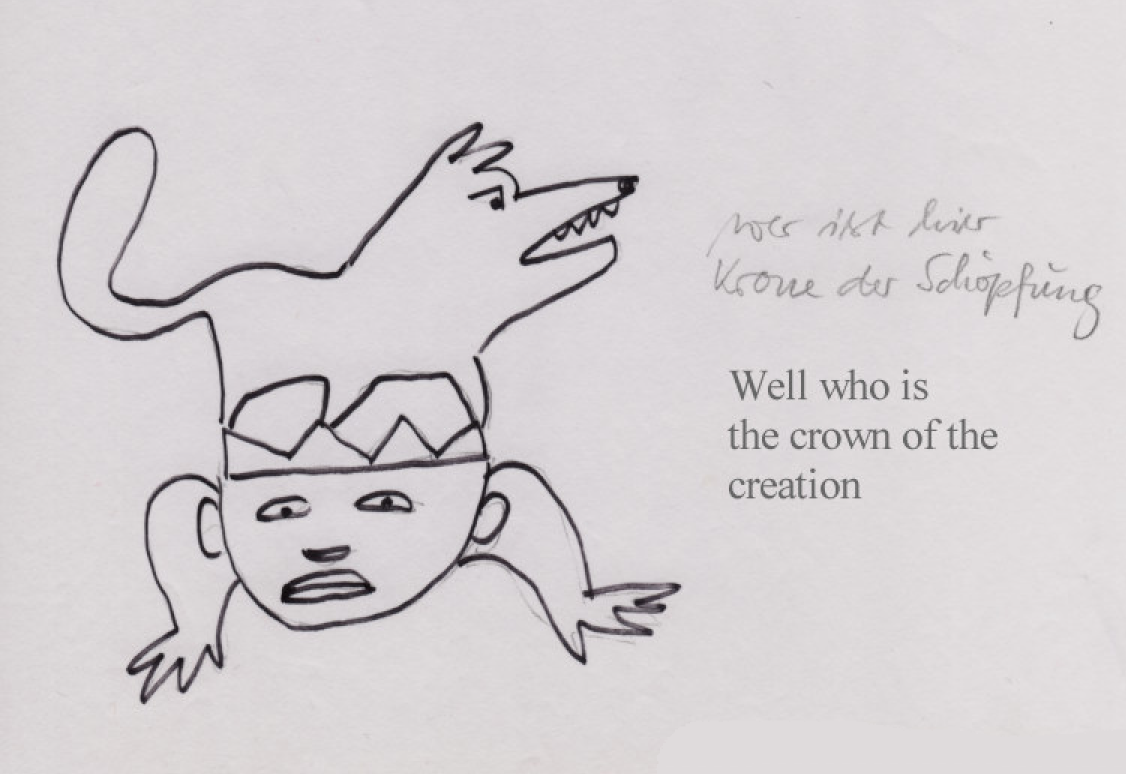Segregative approaches
Repost from https://www.simorgh.de/objects/segregative-approaches/
Question about segregative approaches, such as found in the discussion here https://www.bbc.co.uk/programmes/w3csydct [accessed 12.10.2023], where conservationist approaches typically stand in conflict with the concepts of animal rights, for a large part by ignoring aspects affecting nonhuman life as a whole.
We come from a radical antispeciesist approach, hence we need to raise a few questions:
Question 1 about the saving biological diversity approach:
Are the (segregatively arguing) proponents on favour of captive breeding programs to halt the extinction of some species? If yes, how do they see the problematics of zoos? Do such problematics play a role in the discussion about extinction, its causes and how the driving forces behind natural destruction can be addressed?
Question 2 about the saving biological diversity approach:
Life is a net, yet equally individual lives are meaningful (with humas and nonhumans … ). Positively seen we understand how life is built as an interdependent net. Yet oppressive mechanism also function as a “net”, yet one of destructiveness, meaning: Wildlife stands amidst mechanisms of systemic faunacides and ecocide. When we name the net of life, we should also discuss the destructive mechanisms of the socio-political scale and not just highlight biological functioning.
Question 3 about the saving biological diversity approach:
When we face destructiveness that targets and sacrifices biological diversity, why do we exclude the nonhuman lives that are barred from the natural spaces [their very real habitats] and locked into machineries? Why is the connection of destructiveness towards life being treated in a segregative way? For the sake of keeping up the notion of taxonomical richness? Definitely not for nonhuman life itself.
And further argumentation in the broad context is contained in e.g.:
Antibiologistic Antispeciesist Animal Sociology: Environment and Nonhuman Animals, Edition Farangis: Animal Autonomy E-Reader, Jahrgang 2, Nr. 2, 2020, ISSN 2700-693X, https://d-nb.info/1219413275/34 [accessed 12.10.2023]
